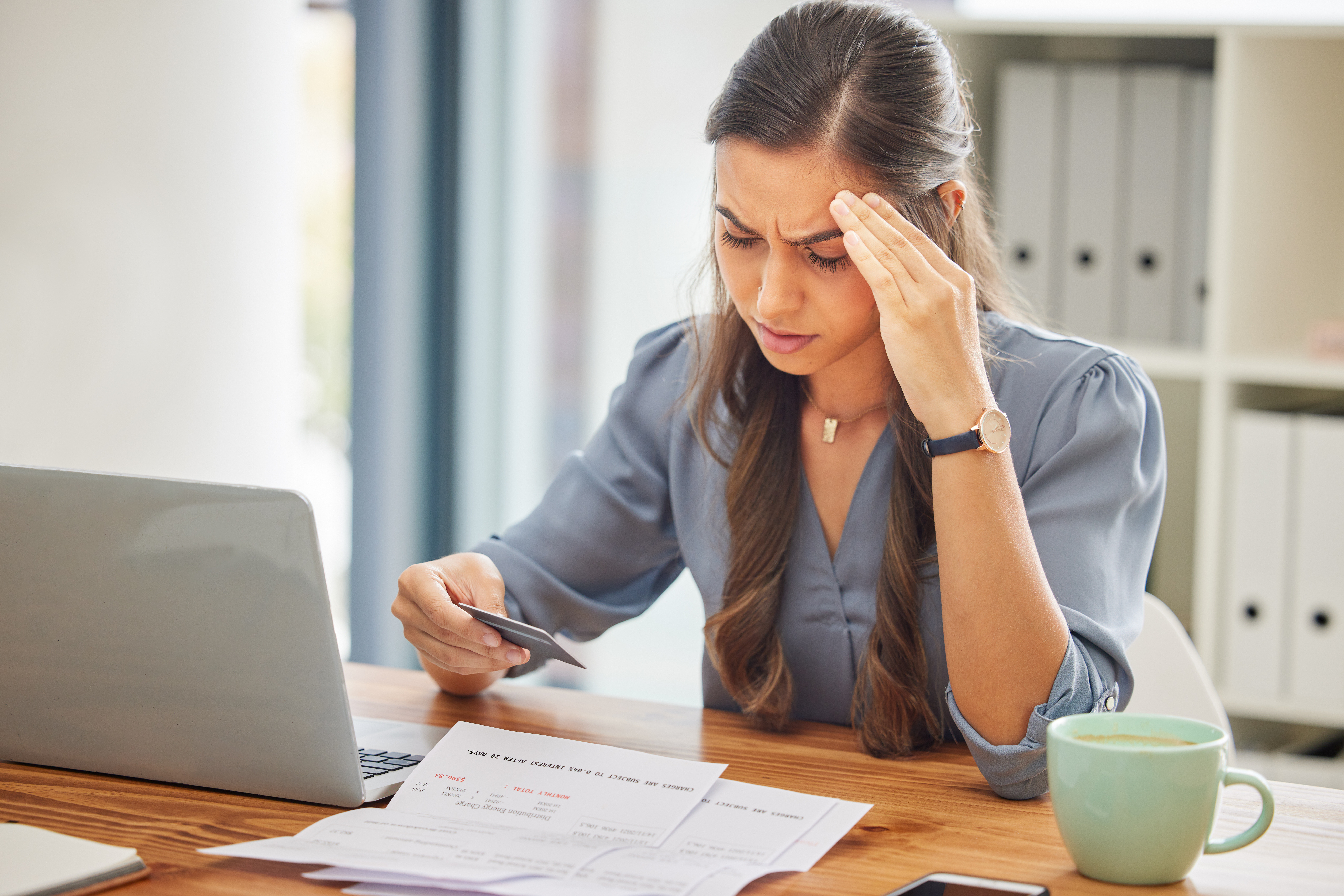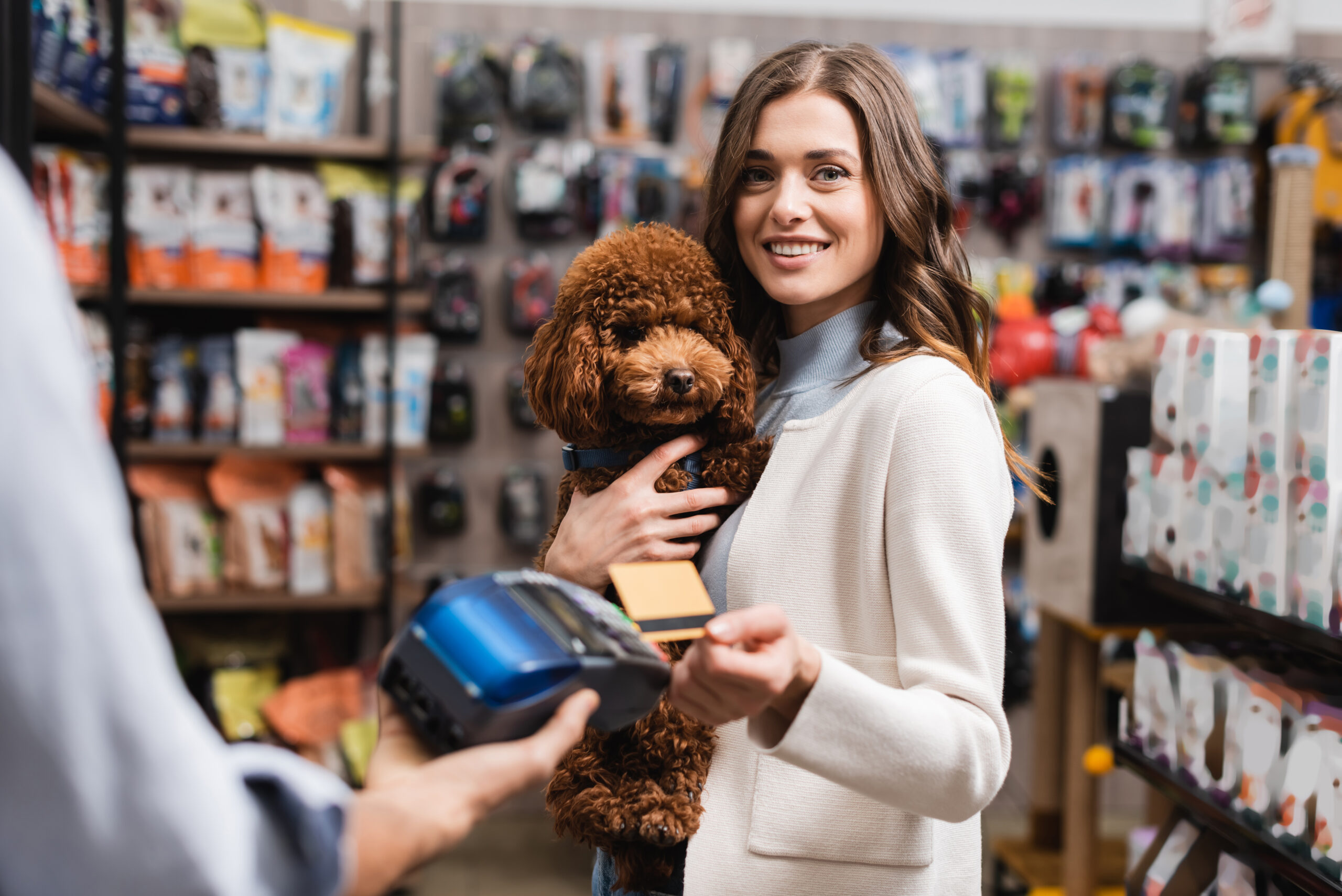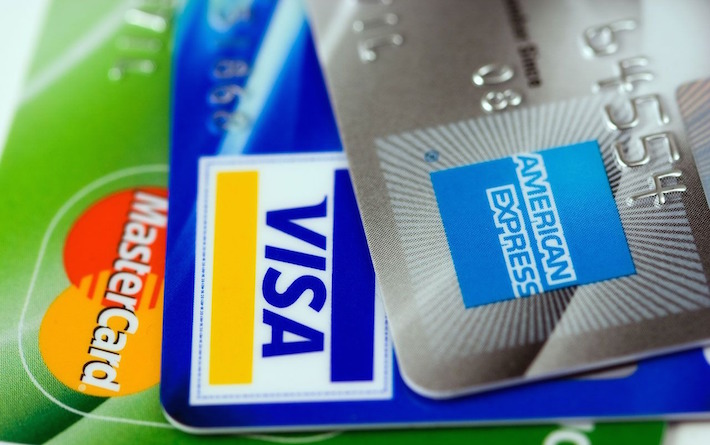Holiday hangover: Get on top of credit card complaints
As we return to work and school after the long summer break, the influx of bills from all that festive splurging can bring reality back with a thud. Little wonder it's also a time when credit card complaints surge.
Has your card surcharge been supercharged?
We are so used to paying for everything by debit or credit card these days, many of us barely give any thought to the little extra that is often tacked onto the purchase price. But you should take a closer look to avoid being needlessly stung by card surcharges.
Pay wise: How to keep card surcharges down
You might have heard that the Australian Government is preparing to ban debit card surcharges – those pesky percentages added to seemingly every electronic transaction.
Don’t get too excited. While the Reserve Bank of Australia (RBA) is reviewing card surcharges – which cost Australians anywhere between $1 billion and $4 billion a year – any change would not come into effect until 2026.
Card surcharges: Are you paying too much?
Ever wondered why your cup of coffee costs an extra 15 cents at one café and not another? Or when you go to pay for petrol with Visa or Mastercard, you're told it will cost another 1.5 percent? These added costs are known as card surcharges and while they might not account for much in one or two transactions, they certainly add up.
The Albanese Government is preparing to ban debit card surcharges - the amount a business charges to cover the cost of an electronic transaction – from 1 January 2026, pending a review by the Reserve Bank of Australia (RBA). Treasurer Jim Chalmers said consumers should not be punished for using cards or digital payments.
Top tips to combat credit card fraud
Checking our card statements should be an easy and hassle-free process, but what if a transaction you see surprises you? The suspicious amount might be a low value ride-share transaction you do not recognise. Or it might be a seriously large purchase that you know you definitely did not buy. Either way, your heart will skip a beat when you realise you have been stung by credit card fraud.
Wotif gives 20 million back to its users after abandoning cruel charging practices
Easter means higher prices thanks in part to public holiday surcharges. If you're in the midst of making holiday plans, there is some good news. Wotif has dumped its $5.50 'booking fee'. It has also dropped the $16.95 charge for flights with full-service airlines and flights with low-cost carriers now attract a reduced fee of $9.95. How lucrative are these surcharges for companies? It's expected consumers could save as much as $20 million a year from these changes made by Wotif.
But surcharges have gone beyond public holidays. There’s airlines – 'fuel surcharge', room service – 'delivery charge', taxis – 'booking fee', restaurants and cafes – 'cakeage', 'corkage' and a surcharge for a 'group booking'. Even a concert ticket purchase comes complete with booking and ticketing fees. I’m sure you’ve got a few more of your favourites to add to the list!
So, what’s happened over the last decade that has seen surcharges become so prevalent in our daily lives? Is this a trend set to continue in the future?






